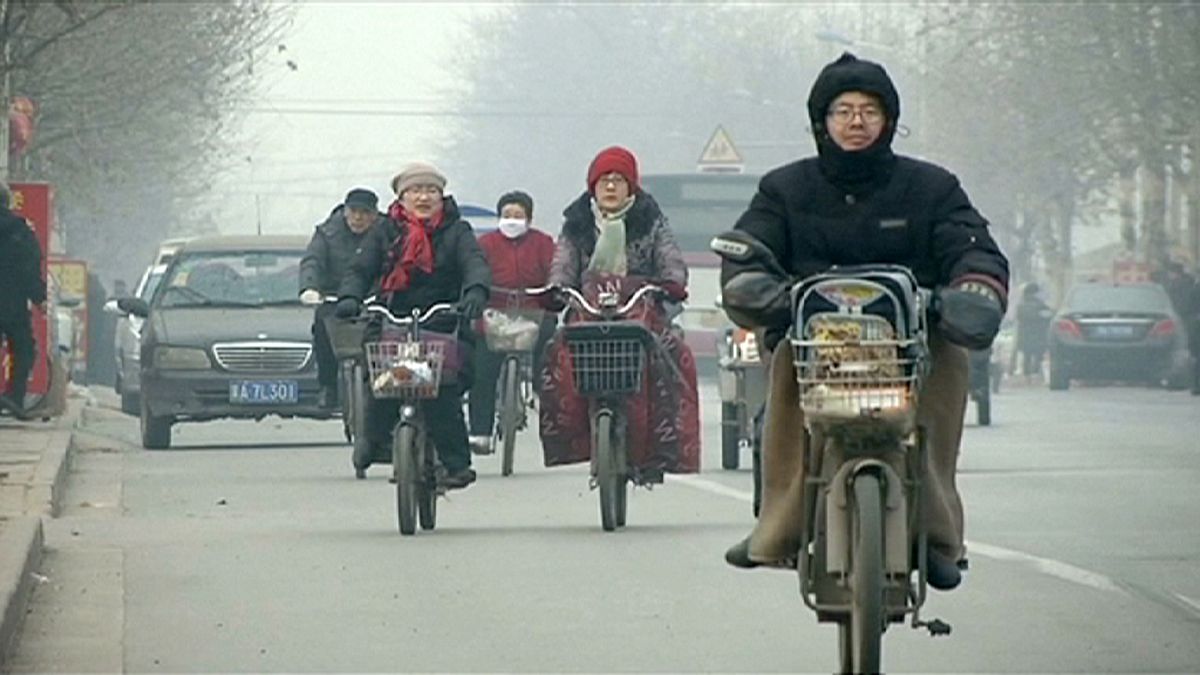At the climate talks in Paris, the mayors of cities around the world are meeting to brainstorm how they can reduce the carbon impact on our
At the climate talks in Paris, the mayors of cities around the world are meeting to brainstorm how they can reduce the carbon impact on our atmosphere. While negotiations churn ahead at higher levels, urban governments are pooling best practices.
Cities account for more than 70% of global CO2 emissions. Their COP21 stated goal is to slash their combined annual carbon pollution by 3.7 gigatons by 2030 and switch to 100% renewable energy sources by 2050. By some calculations, cities consume more than two-thirds of the world’s energy.
Electrified transport is considered essential in pursuing cleaner air and a lower carbon impact, notably in megacities—those whose total metropolitan area supports a population of more than ten million people.
Yet with sprawl, or conurbation, not only the giants are concerned. Innovation and dialogue are on everyone’s drawing board.
The price tag for cleaning up mega-smog is kept in perspective by the immediate and long-term risks to inhabitants of all ages as well as the ramifications for the climate. According to the World Health Organisation, nine out of ten of the world’s city-dwellers suffer from degraded urban environments—the air heavy with particles or chemicals or biological matter—or all of them. Asian cities face many of the steepest challenges.
On the other side of the world, such as for North American cities like Toronto, implementing sustainable green policies is just as important to growth and well-being. In our studio in Lyon, France, we talked to the mayor of Canada’s second-largest city, Montreal: Denis Coderre.
Christophe Garach, euronews: “Denis Coderre, Mayor of Montreal since 2013, you were in Paris this past Monday, as the President of the COP21 Laurent Fabius talked about his hopes, namely a dynamic, differentiated agreement that is fair and legally binding. Does that seem believable with 150 [world leaders] around the table?”
Denis Coderre, Mayor of Montreal: “It does seem believable because, as [UN Secretary-General] Ban Ki Moon said, there is no plan B for the planet. I think there is no getting away from it, we have to be realistic now, we need to come up with a plan, and to do that, in my opinion, the solution lies in the cities. Taking the English phrase “Think global, act local”, if we really want to ensure the sustainability of this agenda, it has to be applied and realised by the cities.”
euronews: “Are you, as a locally elected official, calling for your international counterparts to act because that is the level at which the most can be done?”
Coderre: “Along with Paris’s Anne Hidalgo and Michael Bloomberg, the former mayor of New York who is Ban Ki Moon’s right hand man in urban affairs, you’re going to have several hundred mayors meeting this Thursday, and the agenda is very precise. It sets out to make sure that, through transportation and the control of greenhouse gas emissions, we can find solutions by way of circular economies, for example the whole question of waste management. It is really to set a pragmatic programme which will be followed. On the whole, we see that the problems are the same for all cities. Obviously, they have different realities, but the questions of water, waste disposal, electricity supply and so on I think can help us to implement this plan.”
euronews: “What can be done in the short and medium terms in your city to fight global warming?”
Coderre: “First of all, 43% of greenhouse gas emissions comes from transportation. Montreal—the province of Quebec—uses 99% hydroelectric or renewable energy. So, we’re making transport electric, and investing in infrastructure, as well as working on the circular economy. We treat waste, for instance, through phytoremediation. That is a process of decontamination using plants, reusing those plants afterwards as biofuel. All that, obviously, is going to have an impact on greenhouse gases, and the whole strategy surrounding water management, that’s understood.”
euronews: “Have you costed all that?”
Coderre: “[We are looking at] Several millions of dollars, even tens or hundreds of millions of dollars, but it’s an investment, and down the line the money we can save by using hydro power and electric transportation and hybrid transport, instead of using fossil fuels, that’s an investment that won’t only create jobs, it will impact economic development, social development, and most certainly counteract global warming.”
euronews: “Canada, the world’s fifth-largest oil producer, is regularly singled out for criticism. Its goals aren’t that ambitious, according to NGOs and the Intergovernmental Panel on Climate Change. Can the new Trudeau government turn that around?”
Coderre: “I think so, yes. Early on, clearly with a new government we can’t ask it to come up with a plan only a few days or weeks after its election. But you saw that [Canadian Prime Minister Justin] Trudeau has invested billions of dollars in climate change questions. The fact that you have provincial governments now, along with the cities and the federal government speaking with one voice… Fossil fuels, sure those resources are still there, but we have to find alternatives and make sure, with transport, for instance, to have a definite impact through transformation, and establishing transition phases. We’re already prepared; we’ve done it already.”
euronews: “A turnaround?”
Coderre: “It is a turnaround, and I think a change in attitude. The English phrase is “Canada is back”. I think you can already feel there’s been a change of government in Ottawa.”
